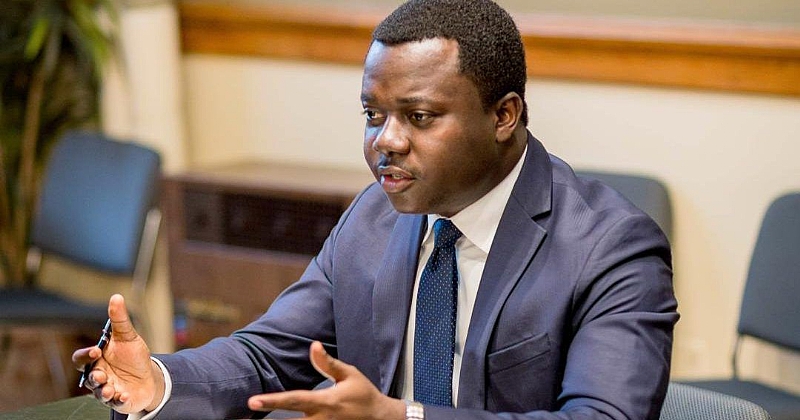The Ghanaian political landscape witnessed a significant shift with the appointment of new ministers in the John Mahama administration, prompting calls for continuity and progress. John Ntim Fordjour, former Deputy Education Minister and Member of Parliament for Assin South, emphasized the importance of preserving the advancements achieved by the preceding Akufo-Addo government. He urged the incoming ministers to build upon the foundation laid by their predecessors, ensuring a smooth transition and continued development across various sectors. Fordjour’s appeal centered on the principle of national interest over partisan politics, advocating for a collaborative approach to governance that prioritizes the well-being of Ghanaians.
Fordjour specifically addressed three key ministerial appointments: Eric Opoku for Food and Agriculture, Governs Kwame Agbodza for Roads and Highways, and Haruna Iddrisu for Education. He challenged Opoku to translate his campaign promises into tangible results, particularly regarding food inflation and cocoa farmer compensation. Recalling Opoku’s earlier advocacy for a substantial increase in cocoa prices, Fordjour stressed the need for concrete action to fulfill these commitments now that he holds the ministerial portfolio. This call for accountability underscores the importance of aligning policy pronouncements with actual implementation for the benefit of the agricultural sector and the farmers who depend on it.
Regarding Governs Kwame Agbodza, Fordjour expressed confidence in his competence and experience, urging him to leverage these assets in his new role as Minister of Roads and Highways. Acknowledging Agbodza’s demonstrated knowledge in the field, Fordjour emphasized the expectation that this expertise will translate into effective management and tangible improvements in the nation’s road infrastructure. This focus on practical outcomes highlights the need for ministers to move beyond theoretical understanding and apply their skills to address real-world challenges.
Addressing Haruna Iddrisu’s appointment as Education Minister, Fordjour emphasized the importance of drawing upon his extensive experience in previous ministerial positions. Having served as Minister for Communications, Trade and Industry, and Employment and Labour Relations, Iddrisu brings a wealth of knowledge to the education sector. Fordjour urged him to utilize this experience to navigate the complexities of the education ministry and ensure continued progress in this crucial area. This emphasis on experience reflects the belief that prior leadership roles can provide valuable insights and skills applicable to new challenges.
The parliamentary approval of these six ministerial nominees – Dr. Cassiel Ato Forson for Finance, John Jinapor for Energy, Dr. Dominic Ayine for Attorney General and Justice, Eric Opoku for Food and Agriculture, Haruna Iddrisu for Education, and Governs Kwame Agbodza for Roads and Highways – marked a significant step in the formation of the new government. Fordjour’s call for continuity and progress underscores the importance of building upon past achievements while addressing the evolving needs of the nation. His specific appeals to the newly appointed ministers reflect a focus on accountability, practical application of expertise, and a commitment to fulfilling promises made to the Ghanaian people.
The transition of power from one administration to another presents both opportunities and challenges. While new leadership brings fresh perspectives and the potential for innovative approaches, it is equally crucial to maintain the momentum of ongoing projects and initiatives. Fordjour’s remarks highlight this delicate balance, urging the new ministers to embrace the positive legacy of their predecessors while striving to address the pressing issues facing the country. This call for collaboration and continuity reflects a broader understanding that effective governance requires a long-term vision that transcends partisan divides and prioritizes the collective well-being of the nation.


